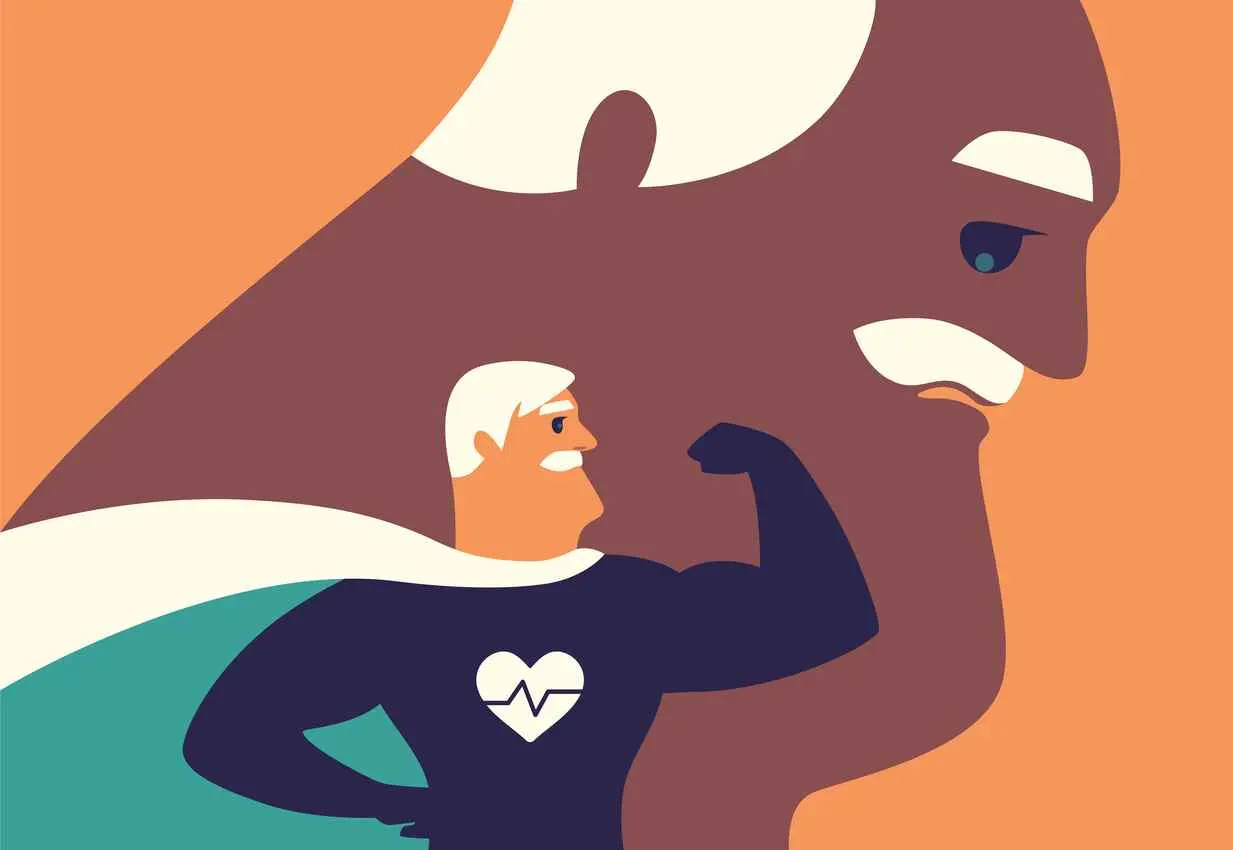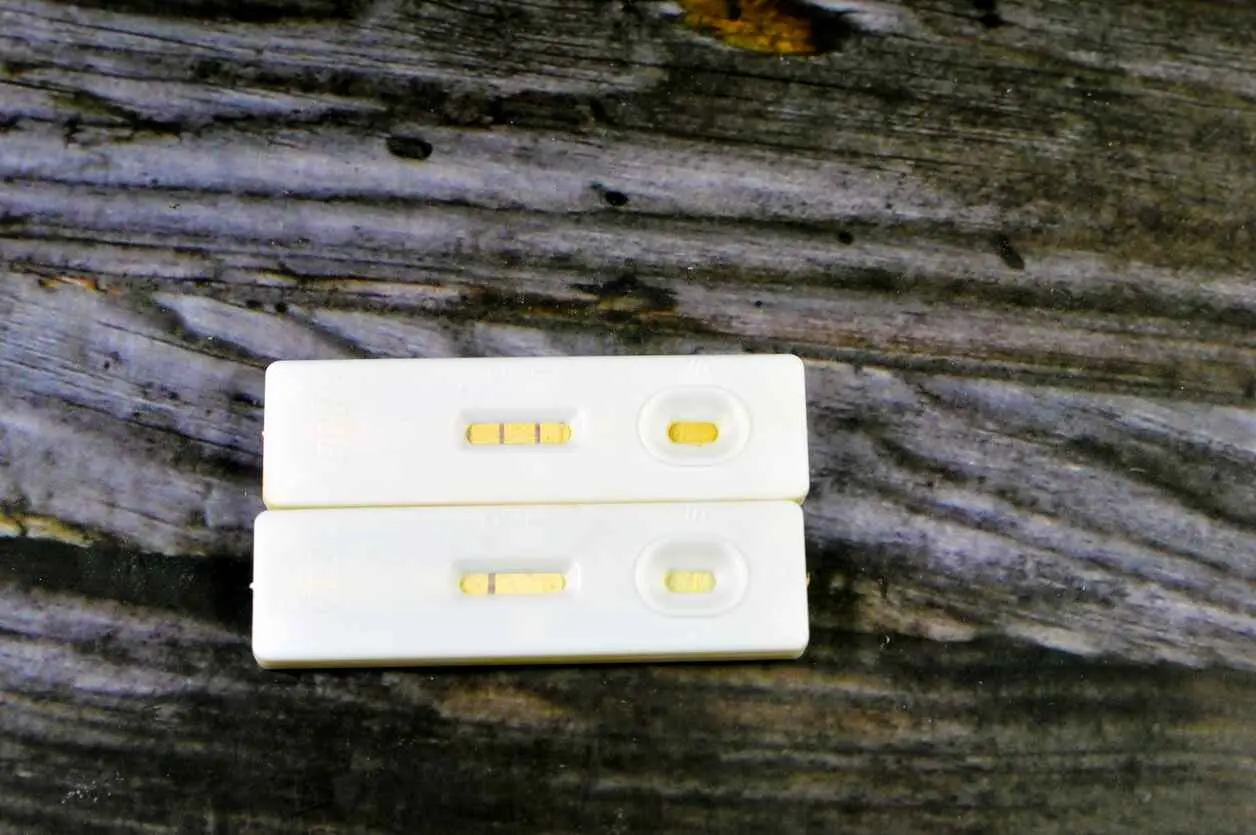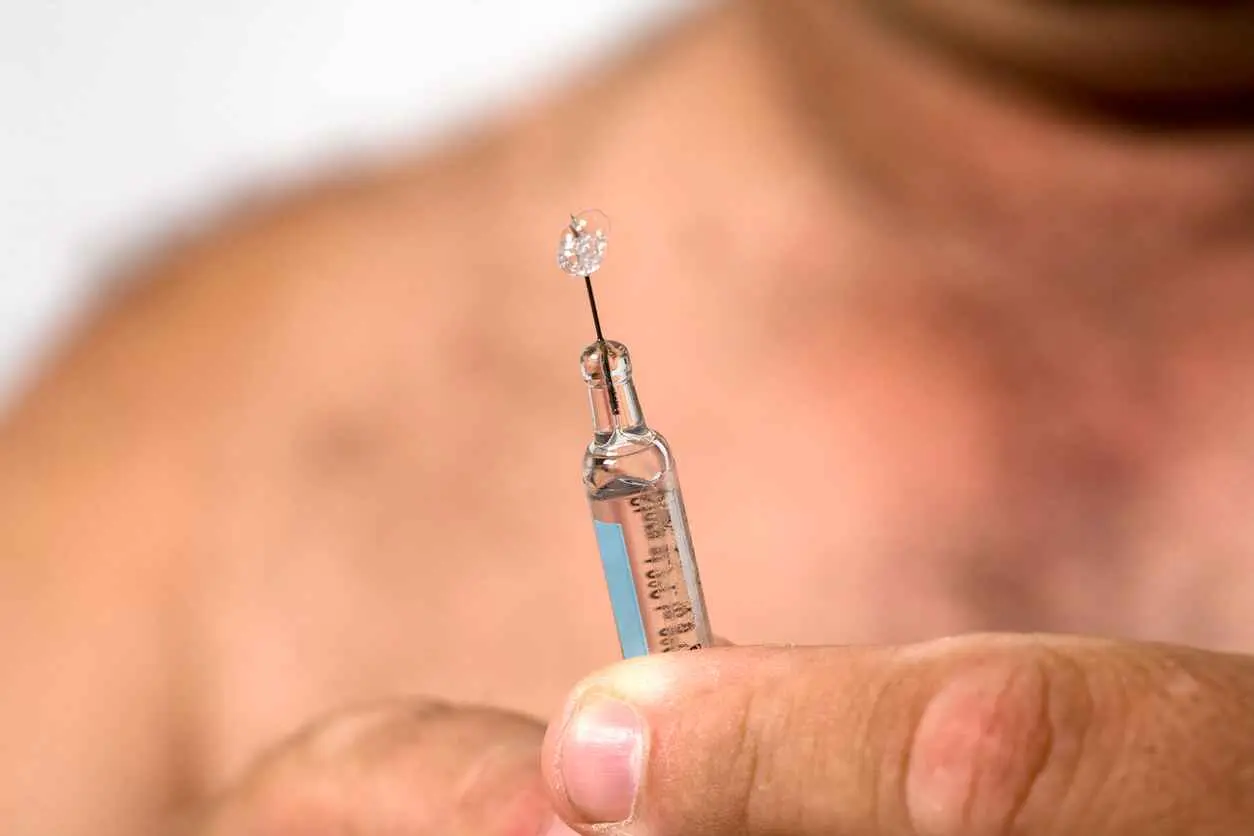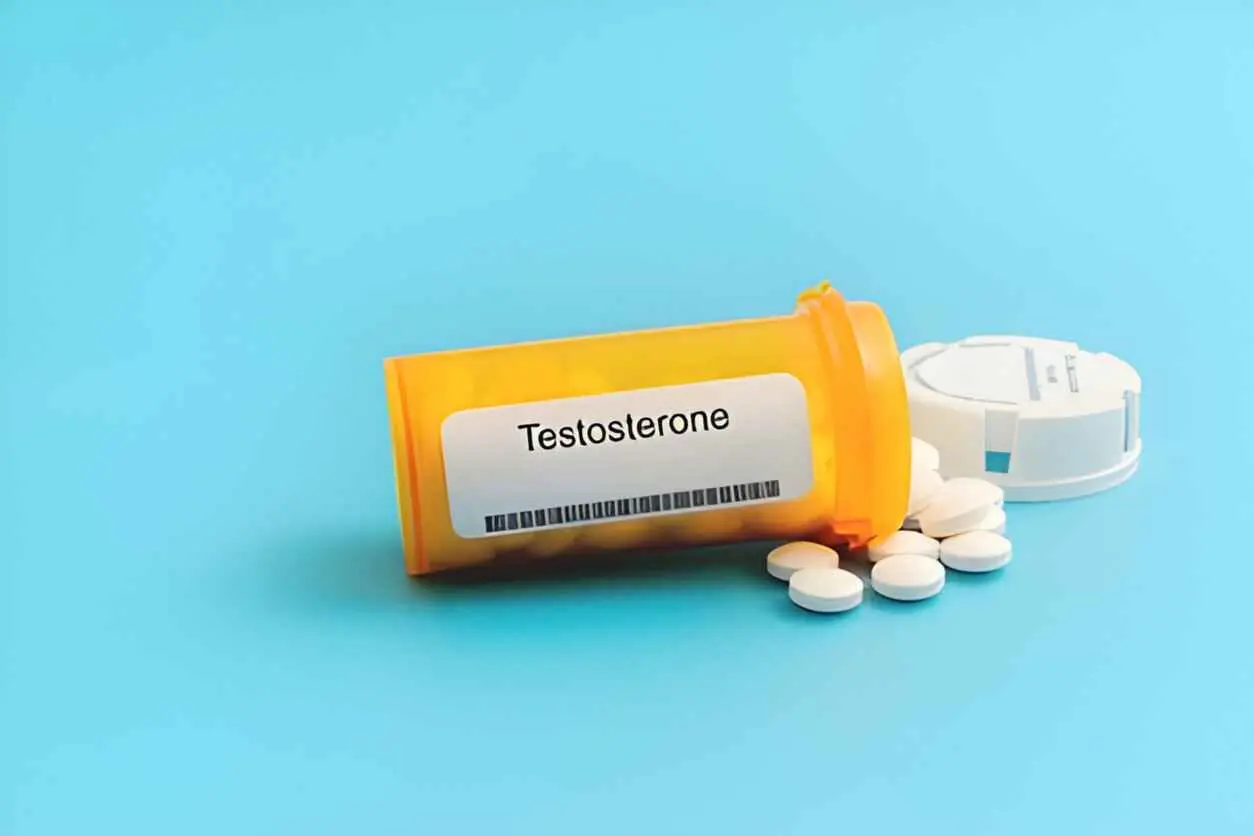
Whats The Link Between Testosterone And Depression?
What's The Link Between Testosterone And Depression?
Is there any link between Testosterone and Depression?
Yes, low testosterone can make you feel sad, tired, or not yourself. It can also affect your sleep, mood, and energy. Some people with low testosterone may feel like they have depression. A simple blood test can check your hormone levels, and getting the right help can make you feel much better.
Have you ever felt exhausted, down, or just not yourself, even when nothing bad is happening in your life? It might not be stress, sadness, or just getting older. It could be something happening inside your body, especially with your hormones. One hormone that can have a significant effect on your mood is called testosterone.
Most people think testosterone is just about muscles or male traits. But that’s not the whole story. Testosterone also affects your brain, energy, sleep, and mood. When levels of this hormone are too low (or even too high), it can sometimes lead to feelings of sadness, anxiety, or even depression.
In this blog, we’re going to look at the link between testosterone and depression. We’ll explain how they are connected, what science has found, and what you can do if you think this might be affecting you or someone you care about. You’ll also see how doctors test for low testosterone and what treatments might help.
This isn’t just for adults; learning how your body and brain work together is something everyone should know, no matter your age.
What Is Testosterone and Why Does It Matter for Mood?
Testosterone is a hormone made by your body. Both boys and girls have it, but boys usually have more. It helps boys grow into men during puberty. It controls things like muscle growth, a deeper voice, and facial hair.
But testosterone does more than just help with body changes. It also affects how you feel inside. It can change your mood, your energy, and even how well you sleep or think.
When someone has low testosterone, they might feel sad or tired. They may not enjoy the things they used to. They might also feel angry or have trouble focusing at school or work.
Testosterone works with your brain. It helps with chemicals like serotonin and dopamine, which are essential for feeling happy and calm. If your testosterone is too low, these brain chemicals may not work correctly, which can make you feel depressed or anxious.
So, testosterone is not just about muscles or growing up. It also helps keep your mind and feelings in balance.
Low Testosterone and Depression - What is the Link?
Doctors have found that low levels of testosterone can be linked to feeling very sad or down. This is known as depression. Depression is not just feeling a little upset. It is a deep feeling of sadness that does not go away easily. It can make everyday life feel hard.
Some men with low testosterone say they feel tired all the time, angry, or lose interest in things they used to enjoy. These are also signs of depression. Studies show that up to half of men with low testosterone have signs of depression too.
In one extensive study, men with low testosterone were much more likely to feel depressed than those with normal hormone levels. This shows there is a strong link between the two.
The tricky part is that low testosterone and depression share many of the same signs. That means someone could have low testosterone but think it is only depression. This is why doctors need to check both the mind and the body when someone is feeling low.
Signs of Low Testosterone and Depression
|
Sign or Symptom |
Low Testosterone |
Depression |
|
Feeling tired all the time |
Yes |
Yes |
|
Low interest in sex |
Yes |
Sometimes |
|
Feeling moody or angry |
Yes |
Yes |
|
Trouble sleeping |
Yes |
Yes |
|
Losing muscle or getting weaker |
Yes |
No |
|
Not enjoying fun activities |
No |
Yes |
|
Feeling hopeless or very sad |
No |
Yes |
This table shows that some signs come from low testosterone, others from depression, and a few from both. If someone has a mix of these, it is smart to get their hormone levels checked by a doctor.
High Testosterone and Mood - Not Always a Good Thing
Having more testosterone is always a good thing. After all, it helps build muscles and boosts energy. But too much testosterone is not always helpful, especially when it comes to your mood.
Some studies show that men with very high levels of testosterone can also have mood problems. These can include feeling angry, having trouble sleeping, or even feeling sad and worried. This means that too much testosterone can sometimes cause emotional ups and downs.
High testosterone may also affect the brain in ways we do not fully understand yet. It can change how brain chemicals like serotonin work. Serotonin is a chemical that helps you feel calm and happy. If this balance is upset, it may lead to feelings of sadness or stress.
There is also some evidence that very high testosterone can lead to risk-taking or bad decisions. This kind of behaviour might hurt someone’s relationships, health, or self-esteem. All of this can lead to increased stress and negative emotions.
So, while low testosterone is linked to feeling down, having too much can also cause problems. Just like many things in life, balance is key.
Key Points to Remember
- Too much testosterone can affect your sleep, mood, and behaviour.
- It might change brain chemicals that help you feel happy.
- High levels do not always mean better health or feelings.
Treatment - Can Testosterone Therapy Help with Depression?
If someone has low testosterone and is feeling very sad or tired all the time, doctors may offer a treatment called testosterone replacement therapy. This means giving the person extra testosterone to help bring their levels back to normal.
Testosterone therapy can be given in different ways. Some people get it through injections, some use a gel they rub on their skin, and others use patches. These treatments can help the body achieve the optimal level of testosterone it needs.
Many studies show that testosterone therapy can help improve mood, especially in men who have very low levels. It can also give people more energy, better sleep, and even help them feel more confident.
But this treatment is not for everyone. It can have side effects like more spots on the skin, sleep problems, or changes in how the body works. Doctors also check for other health risks like heart problems, before starting this kind of treatment.
It is also important to remember that testosterone therapy does not replace talking to someone about how you feel. If someone has depression, they may also need help from a counsellor or mental health expert.
How Can It Be Treated
If someone has low testosterone and is feeling sad, tired, or unwell, there are a few different ways to help them feel better. Sometimes, doctors may give testosterone as a medicine. Other times, people can feel better by changing things in their daily lives. Talking to a counsellor or mental health expert can also make a big difference.
Here is a simple table to show the primary ways low testosterone and mood problems. It shows what each option does and what people should know before trying it.
|
Treatment |
What It Is |
Things to Know |
|
Testosterone therapy |
A doctor gives testosterone through a gel, patch, or injection |
May help with energy and mood. Needs regular check-ups. |
|
Healthy lifestyle changes |
Eating well, exercising, sleeping better, and reducing stress |
Helps the body make more hormones naturally. |
|
Talking therapies |
Speaking with a counsellor or therapist about feelings and problems |
Suitable for people with sadness, stress, or anxiety. |
|
Hormone tests and a complete check-up |
A doctor checks hormone levels and looks at the body and mood together |
Helps find the real cause and avoids guessing. |
|
Care for women with low levels |
Some women may get small amounts of testosterone if they feel deficient |
It must be done carefully with a doctor’s help. |
Frequently Asked Questions
Can low testosterone cause depression in men?
Yes, low testosterone levels in men can cause depression and mood swings. It may also lead to tiredness, lack of interest in things, and poor sleep. Many men with low testosterone report feeling sad or anxious for no clear reason.
How does testosterone affect your mood and mental health?
Testosterone helps control brain chemicals like serotonin and dopamine that affect mood. When testosterone is too low, it can make you feel down, stressed, or tired. It plays a big part in how you feel both inside and out.
Can women have low testosterone and feel depressed?
Yes, women can have low testosterone and may feel tired, sad, or unfocused. Even though women have less testosterone than men, they still need it for energy and mood. Hormone imbalance in women can also lead to low self-esteem or anxiety.
Is testosterone therapy a good treatment for depression?
Testosterone therapy can help some people with depression caused by low testosterone. It can boost mood, energy, and confidence. But it does not replace therapy or emotional support and should only be used with a doctor’s guidance.
What are common symptoms of low testosterone and depression?
Common symptoms include feeling tired, losing interest in things, low sex drive, mood changes, and trouble sleeping. These signs are shared by both low testosterone and depression, so it is important to check hormone levels with your doctor.
Can high testosterone levels cause mood problems too?
Yes, high testosterone levels can also affect mood and lead to anger, poor sleep, or risk-taking behaviour. Just like too little testosterone, too much can upset brain chemistry and emotional balance. Hormones need to stay in the right range.
How do doctors test for low testosterone linked to depression?
Doctors take a blood sample to measure testosterone levels. They may also ask questions about your mood, energy, and lifestyle. This helps them see if low testosterone is the cause of your depression symptoms.
Can exercise help improve testosterone and mood naturally?
Yes, regular exercise can boost natural testosterone production and help lift your mood. Activities like walking, running, or weightlifting can help your body make more hormones and reduce stress. A healthy lifestyle supports both mind and body.
Testosterone Replacement And Depression
If your mood changes are due to low testosterone, we can help. Testosterone replacement therapy has been shown to improve depression in men with hypogonadism. A 2018 study published in Pharmacopsychiatry found a significant improvement in depression scores for men taking testosterone supplements. This was especially helpful for men who recently started feeling down. Testosterone replacement not only improves mood in men with hypogonadism but also boosts thinking skills and sex drive.


